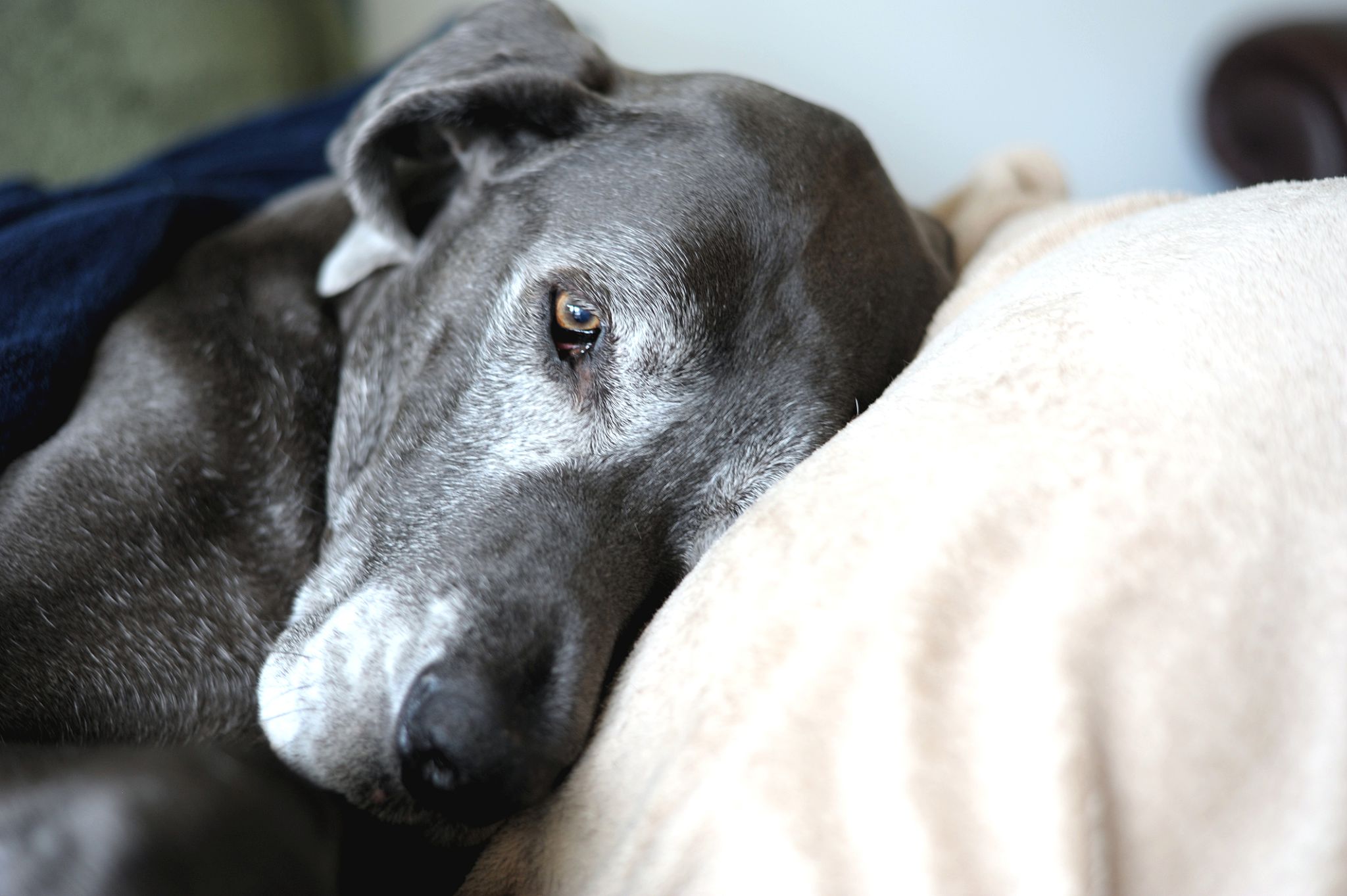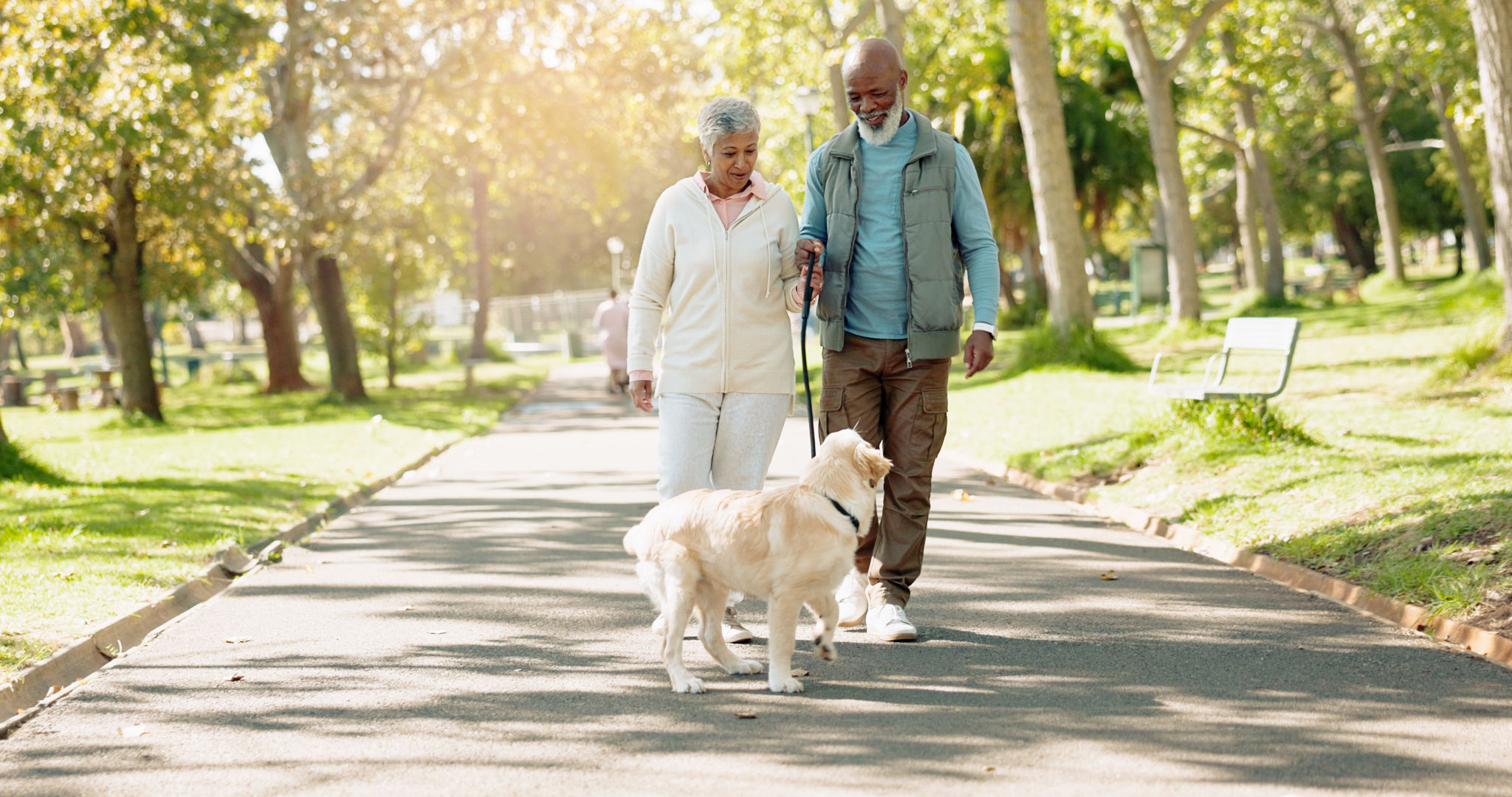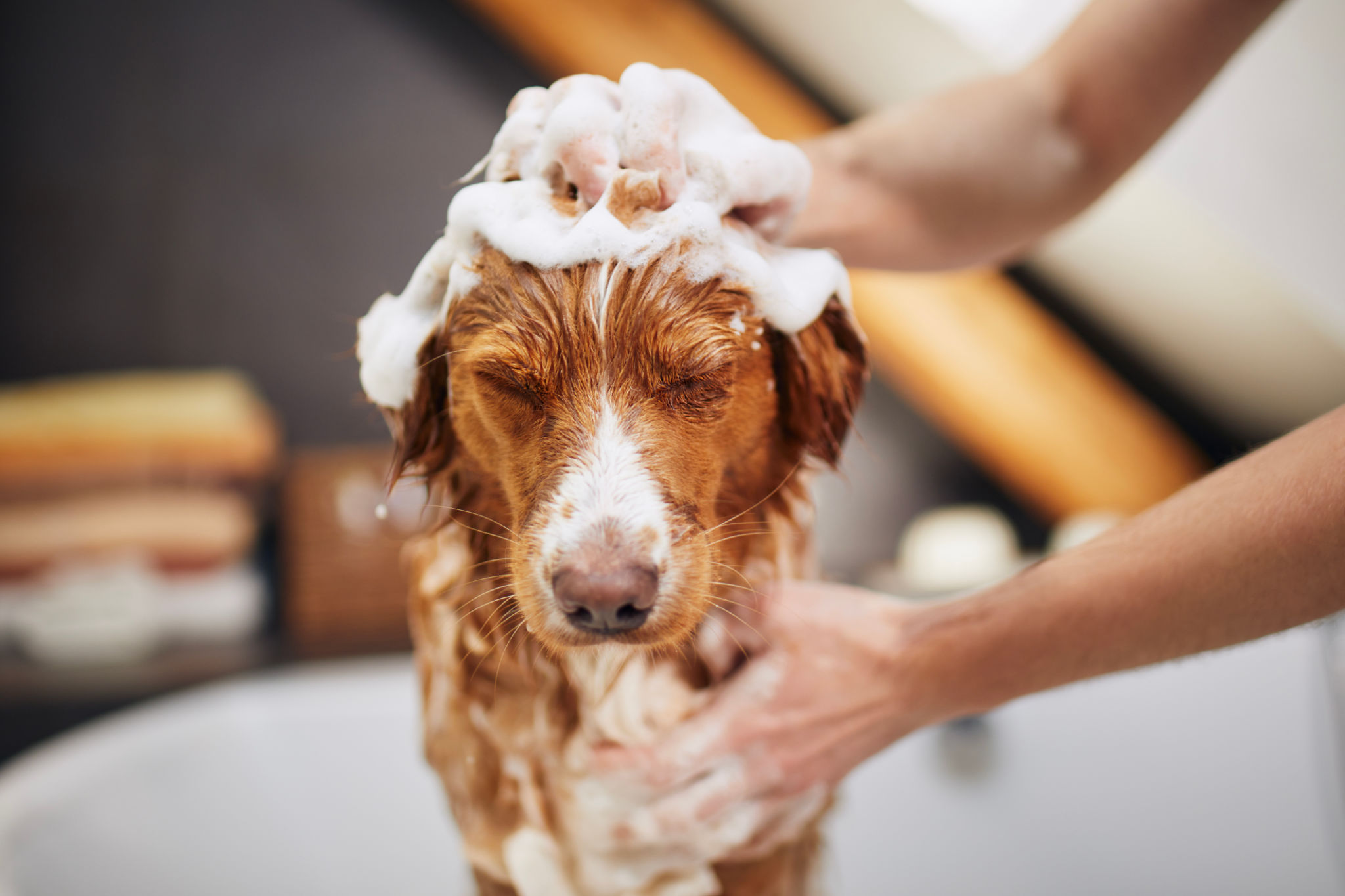Caring for Senior Dogs: Tailored Services for Older Canine Companions
The Unique Needs of Senior Dogs
As dogs age, their needs change just like humans. Understanding these changes is crucial for providing the best care possible. Senior dogs often face challenges such as reduced mobility, sensory decline, and specific health issues. By tailoring our care to meet these needs, we can ensure our older canine companions continue to lead happy and fulfilling lives.
One of the primary considerations with senior dogs is ensuring they receive proper nutrition that caters to their slower metabolism and potential medical conditions. Many pet food brands offer specialized formulas designed for senior dogs, which include beneficial nutrients like omega-3 fatty acids and antioxidants.

Health Monitoring and Veterinary Care
Regular veterinary check-ups become even more important as dogs enter their senior years. These visits help in early detection of age-related health issues such as arthritis, diabetes, or kidney disease. A veterinarian might recommend more frequent screenings or specific diagnostic tests to keep your dog's health in check.
In addition to regular vet visits, it is essential to keep an eye on any changes in your dog's behavior or energy levels. Subtle signs can indicate underlying health issues, so monitoring changes in appetite, drinking habits, or sleep patterns is beneficial.
Exercise and Physical Activity
While senior dogs may not be as sprightly as they once were, maintaining regular exercise is vital for their overall well-being. Tailored exercise routines that accommodate their physical limitations can help keep them healthy and active. Shorter, more frequent walks or gentle play sessions can be ideal for older dogs.

Comfortable Living Spaces
Creating a comfortable living environment is another critical aspect of caring for senior dogs. As mobility issues arise, consider investing in orthopedic dog beds or ramps to help them access higher places with ease. Additionally, ensure their living space is warm and free from hazards that could lead to injury.
Temperature regulation can also become challenging for older dogs, so it's essential to provide a cozy area where they can relax, away from drafts or extreme temperatures.
Grooming and Hygiene
Grooming needs may increase with age as older dogs might struggle with self-cleaning. Regular grooming sessions help maintain their coat and skin health while also providing an excellent opportunity to check for any unusual lumps or skin conditions.

Emotional and Mental Well-being
The emotional health of senior dogs should not be overlooked. They may become more anxious or disoriented, so maintaining a routine can provide comfort and security. Engage them with mental stimulation activities such as puzzle toys or gentle training exercises to keep their minds sharp.
Lastly, spending quality time with your senior dog can significantly enhance their happiness. Whether it’s cuddling on the couch or enjoying a leisurely stroll together, these moments strengthen your bond and contribute positively to their emotional well-being.
Conclusion
Caring for senior dogs requires adjustments and a compassionate approach tailored to their specific needs. By focusing on health care, nutrition, exercise, comfort, and emotional support, we can ensure our older canine companions continue to enjoy a high quality of life in their golden years.
